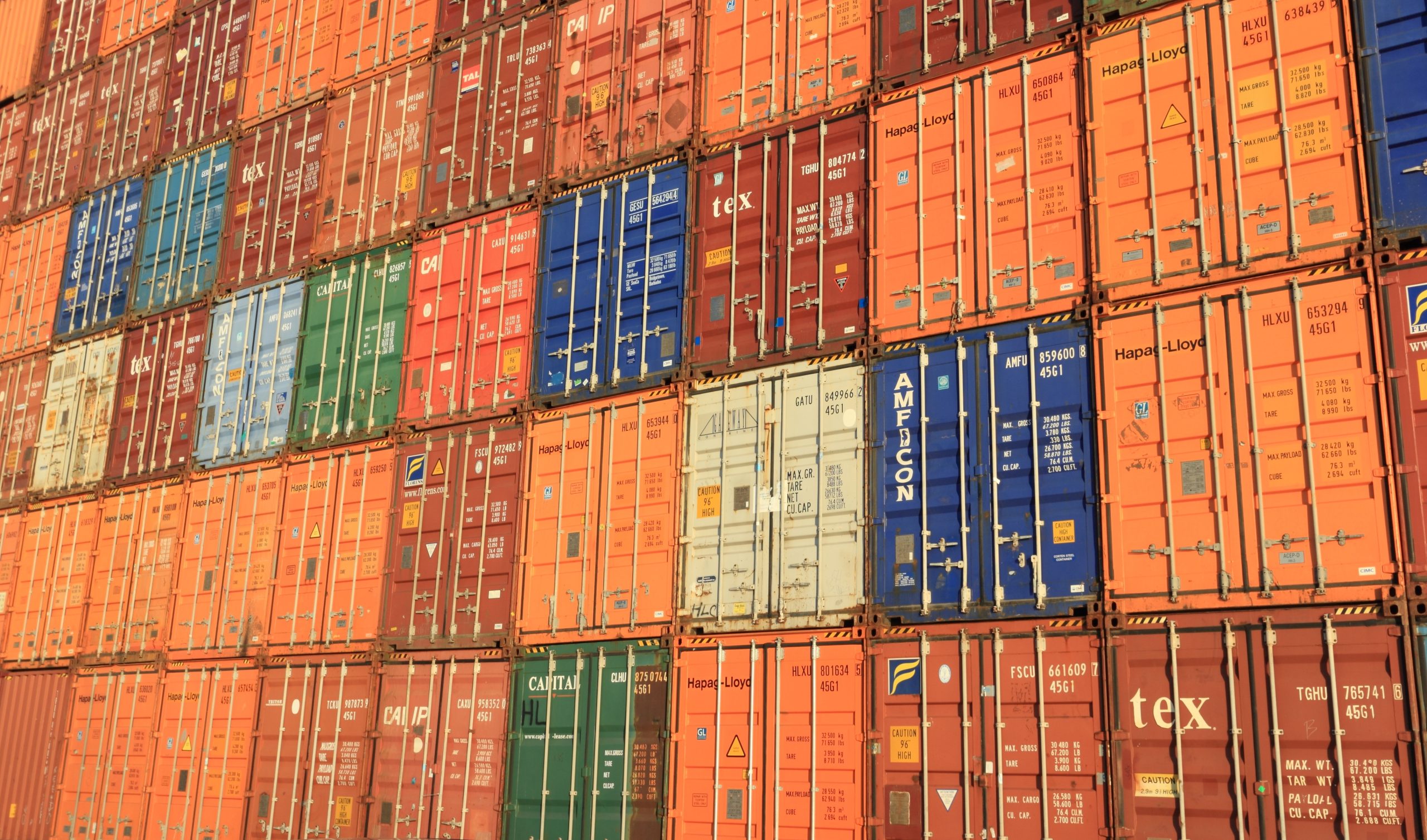Cheniere Energy Inc. is one of the biggest players in the US gas exports business, and its recent expansion plans are indicative of a company that’s betting on lasting demand for US gas exports. The company recently announced plans to expand its Sabine Pass liquefied natural gas (LNG) export terminal in Louisiana, and its Corpus Christi LNG facility in Texas. With these expansions, Cheniere is positioning itself to become an even larger player in natural gas production and exports. In this article, we’ll take a look at what these expansion plans mean for the company and how it could affect the global energy market.
What is Cheniere Energy?
Cheniere Energy is one of the largest energy companies in the United States. They are a natural gas producer, and they have been in business since 1996. Their headquarters are located in Houston, Texas.
Cheniere Energy is one of the most important drivers of the US economy. They create jobs, they produce energy, and they drive innovation. Cheniere is also one of the few companies that are expanding their operations in the US.
Cheniere’s expansion plan is to build a new liquefied natural gas (LNG) export facility in Corpus Christi, Texas. This facility will be able to produce up to 13 million metric tons of LNG per year. This expansion will create thousands of jobs and billions of dollars in economic activity for the state of Texas.
The demand for LNG is expected to grow significantly over the next few years, and Cheniere is betting that this demand will continue long into the future. The company has already signed contracts with some of the world’s largest energy companies, and they are planning to sign even more in the future.
Cheniere’s expansion plan is an important part of the US economy, and it is sure to have a positive impact on many people’s lives.
What is Cheniere’s expansion plan?
Cheniere’s expansion plan is to add two more liquefaction trains at its Sabine Pass facility in Louisiana, as well as build a third liquefaction train and an export terminal at its Corpus Christi facility in Texas. The company is counting on continued strong demand for US natural gas exports to help support the expansion.
The additional capacity from the expansion will allow Cheniere to meet the growing demand for US natural gas exports. The company is confident that demand for US gas exports will continue to grow, given the favorable price differential between US and international gas prices.
Cheniere’s expansion plans are ambitious, but the company is confident in its ability to execute them successfully. The company has a proven track record of delivering world-class liquefaction facilities on time and on budget. Additionally, Cheniere has secured long-term contracts with major energy companies that provide ample revenue visibility to support the expansion plans.
Why is Cheniere betting on lasting demand for US gas exports?
In recent years, the US has experienced a shale gas boom, with production increasing by leaps and bounds. This has led to a corresponding increase in exports of liquefied natural gas (LNG), as the US looks to take advantage of its newfound energy abundance.
Cheniere Energy is one of the leading companies in this space, and it is betting that demand for LNG will continue to grow in the years to come. There are a number of factors that support this view.
First, there is growing demand for natural gas globally, as countries look to shift away from dirtier forms of energy such as coal. This trend is only expected to accelerate in the coming years, as climate change concerns mount.
Second, the US is well-positioned to take advantage of this demand growth, thanks to its vast reserves of shale gas. The country has already seen a dramatic increase in production in recent years, and there is still plenty of untapped potential.
Third, Cheniere has made significant investments in its infrastructure and is now well-positioned to export LNG on a large scale. The company currently operates two export terminals and is constructing a third, which should come online later this year.
All told, Cheniere’s expansion plans appear to be based on solid fundamentals. The company is betting on continued global demand growth for natural gas and positioning itself accordingly to capture a large share of this market.
What are the risks of this expansion plan?
The risks of Cheniere’s expansion plan are twofold. First, there is the risk that demand for LNG will not remain high enough to justify the expansion. Second, there is the risk that something could go wrong during construction or operation of the new facilities, leading to costly delays or accidents.
Cheniere is betting that demand for LNG will continue to grow in the coming years, but there is no guarantee that this will happen. If demand fails to materialize, Cheniere could be stuck with a large bill and a lot of unused capacity.
There is also the risk that something could go wrong during construction or operation of the new facilities. Building an LNG export facility is a complex and expensive undertaking, and there is always the potential for problems to arise. If construction is delayed or costs spiral out of control, Cheniere could be left in a difficult financial position. Similarly, if accidents or other issues occur at the new facilities after they begin operating, it could damage Cheniere’s reputation and business.
Conclusion
Cheniere’s ambitious expansion plan has the potential to be highly profitable, as long as demand for US gas exports remains steady. With the right combination of strategic investments and partnerships, they have a strong chance of achieving their goal of becoming one of the largest LNG exporters in the world. Although nothing is certain in business, Cheniere’s bold move looks like it could pay off if current conditions remain favorable in the future.










